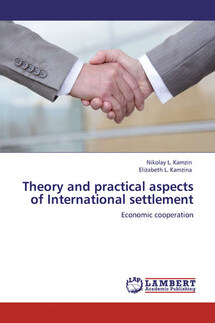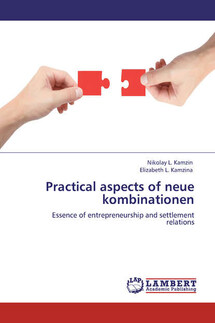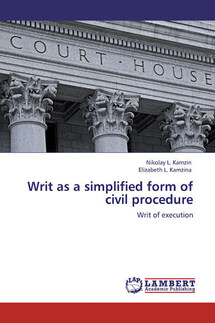The implementation of the economic cycle: freedom, trust, duty - страница 17
Hedging through forward transactions involved in the Russian Vnesheconombank. He established a list of hard currency, which was carried out exchange risk insurance, the warranty period, the rates of commission.
Apart from hedging operations through currency, there are methods of direct insurance risks:
– Structural balance reserves. If the bank there are open positions on a range of currencies (and without that banks and other commercial structures practically cannot live), you should carefully monitor these rates so that the anticipation of devaluation, in time to the conversion of a declining currency, as well as get rid of unreliable stock values[39].
– Manipulation of payment deadlines (leads and lags – lead and lag). When the expected sharp changes in exchange rates, the banks seek to manipulate the timing calculations: if the expected appreciation of the currency of payment, apply for early payment, and vice versa if you are going to depreciate, the payment delay. Such measures are used to pay for goods and services, transfer of profits, repayment of loans or interest payments, etc.
– Discounting of bills in foreign currency is a form of insurance of foreign trade, in which the bank assumes the risk of currency fluctuations, and the debtor's insolvency. Bill discounting is used in long-term transactions (for example, deliveries of investment goods).
There are other private forms of hedging: the formation of the bank and its customers of the insurance fund, inclusion in a trade or credit transaction so-called «multi-currency clause», implying the possibility of revising the currency of payment, consultancy services on part of the hedge, which the bank provides its customers, etc.
5. International settlements
5.1. The concept and means of international settlements
International operations – is the regulation of payments for monetary claims and liabilities arising from economic, political, scientific, technological and cultural relations between states, organizations and citizens of different countries.
Calculations carried out mainly by means of transfer in the form of entries in bank accounts. For this correspondent on the basis of agreements with foreign banks open correspondent accounts with banks «Loro» (through foreign banks in domestic credit institution) and «Nostro» (by the bank in a foreign bank).
Correspondent relations determine the order of payment, the fees, and methods of replenishment spent.
Since there is no global credit money taken in all the countries in the international accounts are used mottos – means of payment in foreign currency. Among them:
– Commercial bills of exchange (draft) – written orders for the payment of a sum certain person in a certain period, exhibited by exporters on foreign importers;
– Normal (ordinary) bills – debt obligations of importers.
– Bank bills – bills, bank exhibited this country to their foreign correspondents. Depending on the reputation of the banks' sphere of circulation of their bills is wider than commercial paper. Buying bank bills, importers exporters send them to repay their obligations.
– Bank Check – a written order to the bank to your bank – correspondent on the transfer of certain amount from its current account abroad to the check holder.
– Bank transfer – postal and telegraphic transfers abroad.









